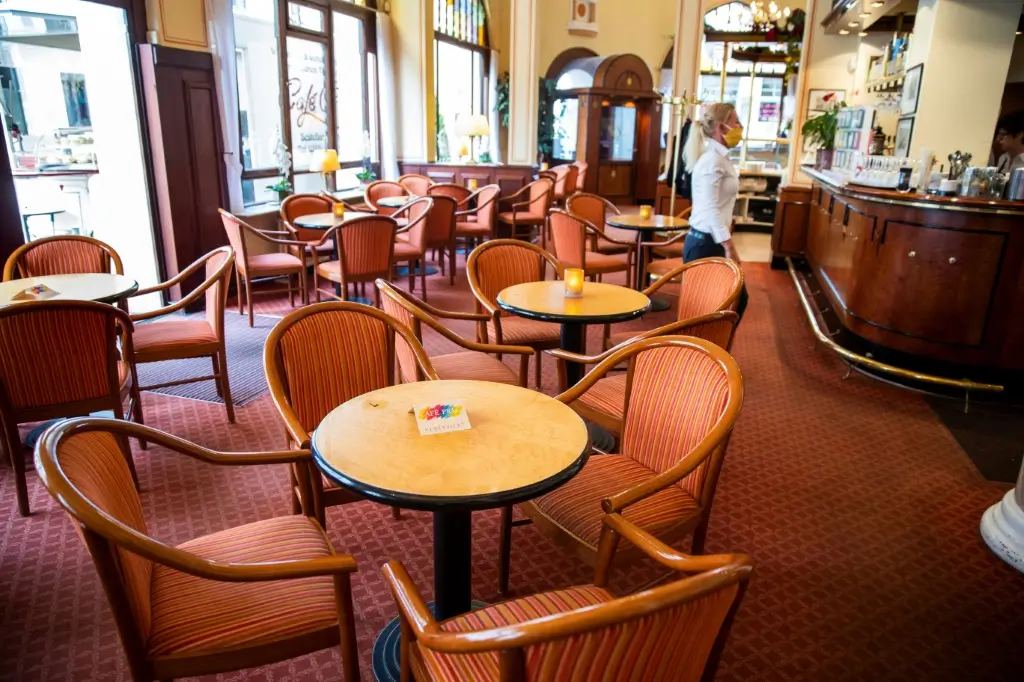
The commuter allowance is set to rise from 2026, the VAT on restaurant meals will be reduced, and subsidy cuts for agricultural diesel will be reversed. The cabinet approved the corresponding draft of the tax amendment law on Wednesday. The aim, according to the Federal Ministry of Finance, is to “provide relief as broadly as possible where the crises of recent years – the coronavirus pandemic or rising energy costs and inflation – have increased costs for citizens.”
Under the plan, the commuter allowance will increase uniformly to 38 cents from the first kilometer traveled. Until now, this rate only applied from the 21st kilometer onward. According to the ministry, this will cost the state around 1.1 billion euros next year and around 1.9 billion euros annually from 2027. The ministry calculated that, provided other income-related expenses already exceed the lump-sum allowance, this would mean an additional 176 euros in allowance per year for a daily commute of ten kilometers, and 352 euros annually for a commute of twenty kilometers.
Federal Finance Minister Lars Klingbeil (SPD) explained that the increase was intended to create "more equity between urban and rural areas." "People who work hard and have long commutes between home and work will be noticeably relieved." This is "particularly important for low- and middle-income workers." Jorrit Bosch, spokesperson for transport for the Left Party in the Bundestag, criticized the fact that higher earners with long commutes would primarily benefit, while low-income earners would miss out. Instead, he argued, the commuter allowance should be converted into a mobility allowance, under which all workers would receive the same amount per kilometer.
The VAT rate on meals in the hospitality sector is to be cut from 19 percent to seven percent starting in 2026. In addition to traditional restaurants, the measure will also benefit bakeries, butcher shops, grocery retailers, catering providers, as well as daycare, school, and hospital catering, the ministry explained. The reduction is intended to lead to lower prices. In total, citizens and businesses are expected to be relieved of 3.6 billion euros annually.
The hospitality industry, in particular, had recently pushed for the reduction, citing the difficult situation facing many businesses. However, it remains unclear how much this lower tax will be passed on to consumers in the form of lower prices. Deputy government spokesperson Sebastian Hille pointed out on Wednesday that it would also be a relief to "prevent further price increases in the hospitality industry." The hotel and restaurant association Dehoga announced last week that, according to a survey, 44 percent of businesses would want to offer their guests better value for money if the VAT rate were reduced.
The tax amendment law also includes tax relief for agricultural diesel. The ministry said it would be fully reintroduced in order to provide financial relief for farms. At the end of 2023, the coalition government had decided to cut agricultural diesel subsidies amid the budget crisis. That decision triggered months of protests by farmers across Germany.
According to the Ministry of Agriculture, the full reinstatement of the agricultural diesel rebate will cost around 430 million euros per year.